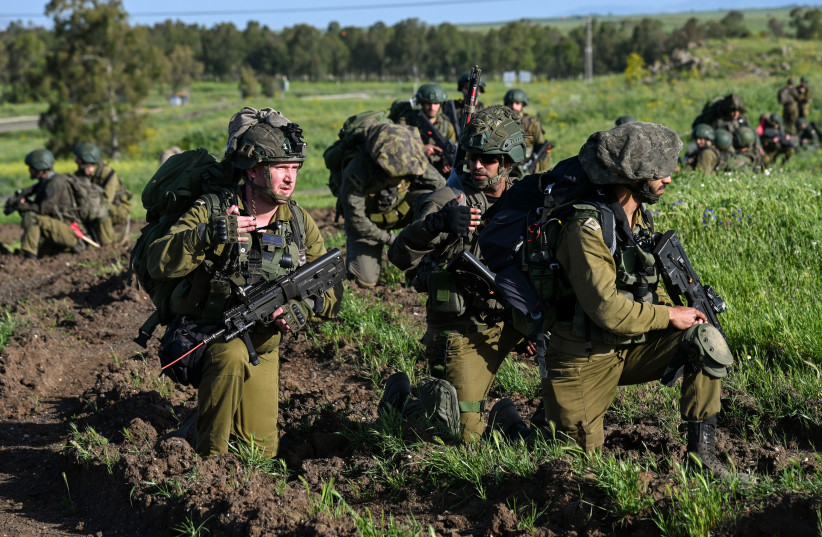Amos Hochstein, the envoy and mediator of the Biden administration for the Israeli-Lebanese conflict, raised the alert level in Israel on Wednesday when he announced that his efforts toward agreement between Israel and Hezbollah had reached a dead end.
Hezbollah insisted throughout the months of fighting that as long as the fighting in the Gaza Strip continues, it will keep attacking the Israeli home front. In a few weeks, the intense fighting in Rafah will end, and the IDF should transition to intelligence-based raids against terrorist activities.
However, the emerging security situation will compel the Israeli government to make decisions about the future of the conflict with Hezbollah. Options include but are not limited to waiting for a diplomatic development, escalating the fighting, or launching a full-scale war against the Shiite organization in Lebanon. This arena could see the involvement of Iran, the Houthis from Yemen, and Shiite militias in Iraq and Syria.
A security official told Walla, "We are now approaching the moment of decision," and officials in Beirut and Jerusalem now understand that the situation could deteriorate significantly.
The situation on the ground heated up in the last two days after Hezbollah terrorists resumed fighting following a two-day pause. Yesterday, two Hezbollah terrorists were killed, and last night, another four were killed. Hezbollah's policy is to carry out their plans despite having more than 350 of their terrorists dead, terrorists who had a high level of familiarity with the region.

Strategies and Readiness
Those remaining in outposts and temporary sites operate under a sense of being hunted as they attempt to launch anti-tank missiles at the Narkis outpost and rockets at Rosh Hanikra.
The focus of the IDF counter units is on Hezbollah's junior command level, which has suffered very painful blows leading to a decrease in the scale of attacks on the Israeli home front. For example, Abu Jaafar Baz, a coastal brigade commander in Hezbollah, was eliminated alongside the head of the brigade's artillery division. Following their elimination, there has been a noted decrease in the volume of rocket launches.
The IDF estimated that due to the pressure exerted by Hezbollah's senior headquarters to carry out more launches and attacks, the Northern Command and the Israel Air Force would have more opportunities to strike in southern Lebanon based on mistakes made on the other side of the border.
There is an understanding that these are the most critical weeks since the fighting in the north began. In closed forums, IDF Chief of Staff Herzi Halevi told the political leadership that the IDF was ready for war. Halevi emphasized to the field commanders in the North, both in training and operations, that the security situation could change rapidly and that they must maintain a high level of readiness and alertness.
